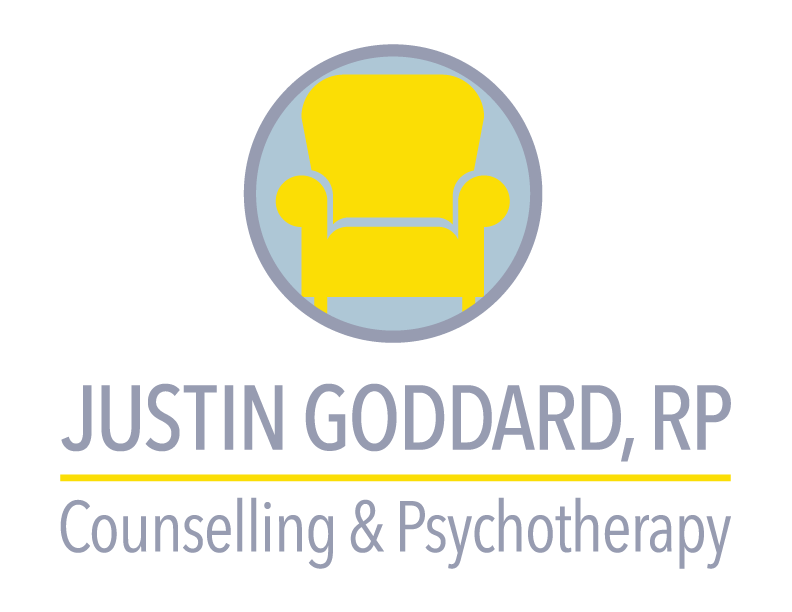Individual Therapies
There are many different kinds of psychotherapy. Here are three that Justin commonly practices and integrates to help you change your relationship with your mental health.
Supportive Therapy
Sometimes we simply need someone to talk to. Supportive therapy can offer just that. In supportive therapy, Justin helps you clarify your goals and then provides a non-judgmental, validating space to explore your challenge, and increase your understanding of yourself and your emotions. This can be a helpful approach for those who do not have a mental health diagnosis (e.g., depression, anxiety, borderline personality disorder), or for those who do but are not interested in undergoing treatment, while also still wanting support in living with their challenge.
Dialectical Behaviour Therapy (DBT)
Dialectical Behaviour Therapy is a first-line treatment for borderline personality disorder (BPD), and it can also be helpful for those without BPD but who also feel like their emotions control their behaviours instead of their own wisdom about what the best course of action might be in a given moment.
DBT assumes that many of our mental health challenges—ranging from suicidal thinking to harmful substance use to hurtful outbursts—arise because we don’t have the skills to deal with the emotions, thoughts, and behaviours that lead to these expereinces. DBT works to empower you with just such skills. In individual DBT, Justin works with you to help you identify what behaviours you struggle with (e.g., self-criticism, overthinking, etc.) or situations you avoid (e.g., saying “no” to others, public speaking, etc.) that prevent you from having the kind of life you want for yourself. Justin then supports you in tracking and targeting these behaviours each week, ultimately helping you replace them with more adaptive alternatives so you can keep pursuing a life worth living.
DBT Skills may also be learned in a DBT Skill Group, offered separately.
Prolonged Exposure Therapy
The gold standard of treatment for Post-traumatic Stress Disorder (PTSD), Prolonged Exposure therapy is a form of cognitive behavioural therapy that helps you confront painful reminders of the trauma, process the trauma, and unlearn some of the unhelpful adaptations you may have picked up as a result of the trauma. Treatment involves talking at great length about the traumatic event, and doing special exercises between sessions called “exposures” that help you face the situations and memories you’ve begun to avoid as a result of the trauma. Through repeated exposures and retellings of the trauma story, the event—and the associated emotions—are experienced and processed so that the past finally starts to feel like it’s in the past.



